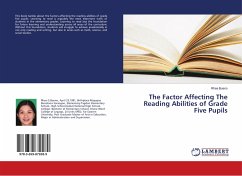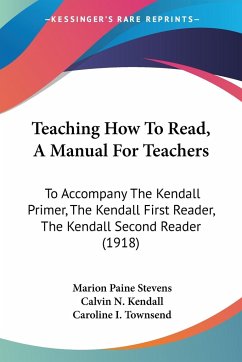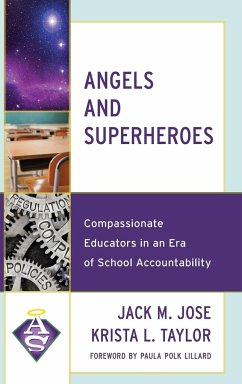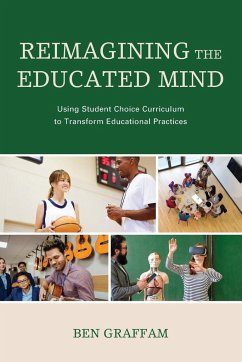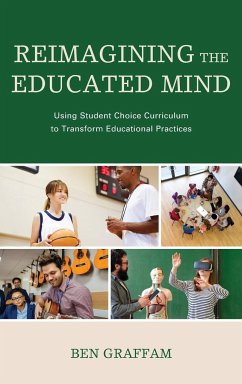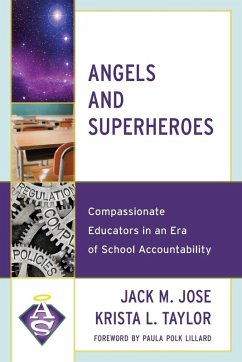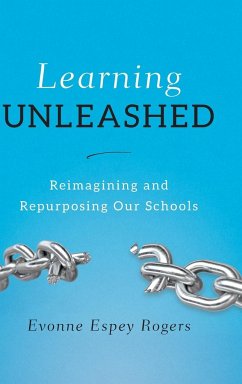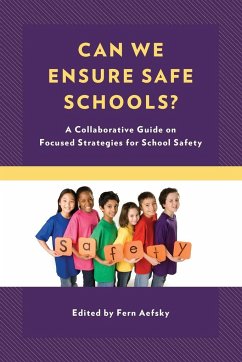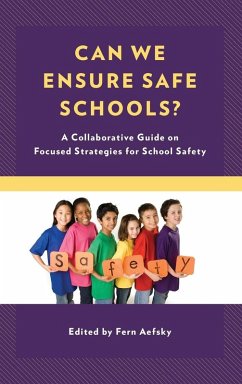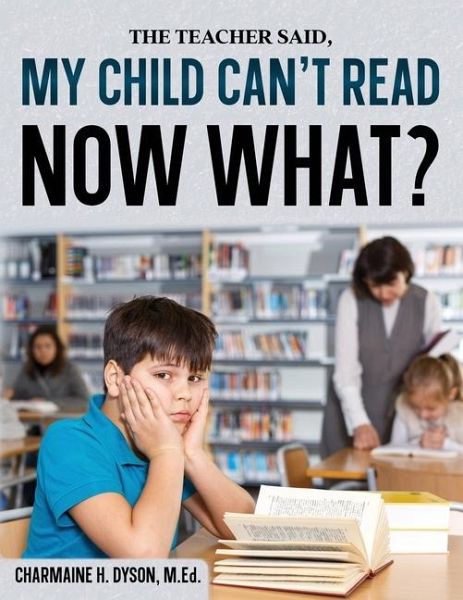
My Child Can't Read, Now What!
Versandkostenfrei!
Versandfertig in 1-2 Wochen
16,99 €
inkl. MwSt.

PAYBACK Punkte
8 °P sammeln!
The Teacher said, "My Child Can't Read... What Now?" You just got a call or email from your child's school stating that he/she is reading below grade level and in danger of failing. All of this was a mystery to you because every time you see your child, their cell phone is an extra appendage. They have to be able to read text, read instructions to play video games and use search engines. Something must be wrong with the teacher and school! You decide to schedule a meeting and when you sit down to talk with the teacher, they show you a reading evaluation that basically says, "My child can't rea...
The Teacher said, "My Child Can't Read... What Now?" You just got a call or email from your child's school stating that he/she is reading below grade level and in danger of failing. All of this was a mystery to you because every time you see your child, their cell phone is an extra appendage. They have to be able to read text, read instructions to play video games and use search engines. Something must be wrong with the teacher and school! You decide to schedule a meeting and when you sit down to talk with the teacher, they show you a reading evaluation that basically says, "My child can't read!" So now what? Don't worry. I am here to help! Let's talk about my passion for helping wrestling readers become successful readers. I am going to use the term "wrestling readers" because when watching the children who have difficulty with reading they wrestle with the words. It looks just like a real wrestling match. {In a wrestling match, one of the wrestlers tries to take control of the opponent by getting behind or on top of him for a "takedown." It is as if the words on the page are the opponent. When watching a child who is having difficulty reading, you can see and hear them trying to take down the words. They huff and puff trying to sound the words out. Hoping that the words they say will sound right, make sense, and help them know what they are reading. They move around in their seats, rock back and forth, or are unable to sit. They twirl their hair or wiggle their fingers. They crumple the pages of the book or paper, then flip their tablets or technology devices.} How do I know? I have taught students for over forty years from Kindergarten to Adults and have seen these behaviors firsthand. Reading is one of the most essential skills in our society. A child's ability to read and comprehend is a key to success in school and in life. It is literally a Daily Life Skill. Reading is a life skill for every occupation. From the brain surgeon to the truck driver, reading is essential. Let's look at a few examples: The cook needs to read the recipe and the orders to fill. The grocery worker needs to read the boxes to place the correct merchandise on the shelf in the correct area. The mom needs to read the medication to administer to her sick child. The athlete needs to read the playbook. The rapper needs to read the lyrics that he writes. For many children this task is simple; however, for an ever-increasing number of children, this is quite difficult. It's not just about looking at the pictures and guessing what's on the page. It's not about pronouncing a word softly so no one really hears what was said or skipping a word or even hoping what was said was correct. It's not even about listening to a recording and thinking you know what it is saying. It is really about the letters, and sounds, then putting them together; pronouncing the word, and knowing what it means(comprehension). It is really about the alphabet, their sounds, and connections. Reading starts with words in pictures such as McDonald's, Walmart, Target, Coke, Sprite, and Cheetos. Early readers are known to have a wider vocabulary earlier on in life than non-early readers. This is partly because they are more conscious of the words.





